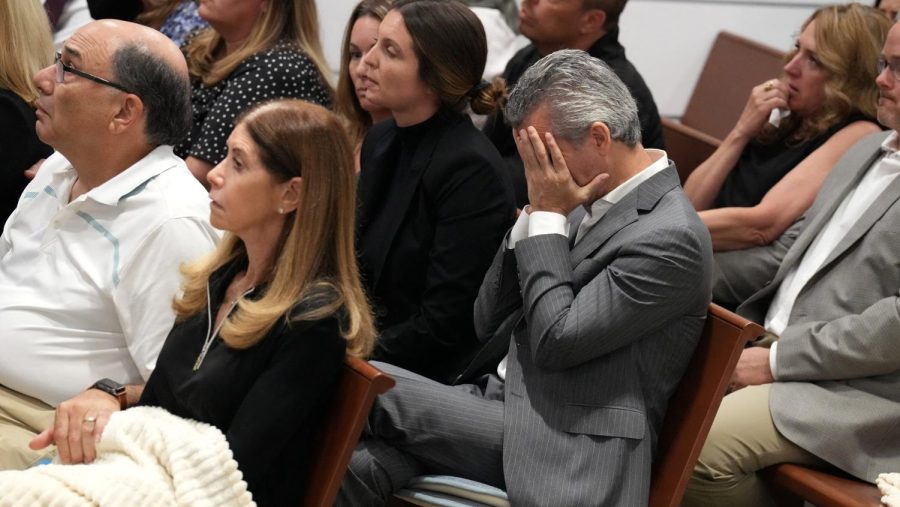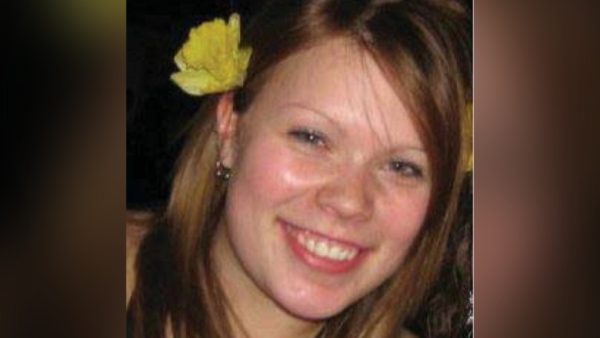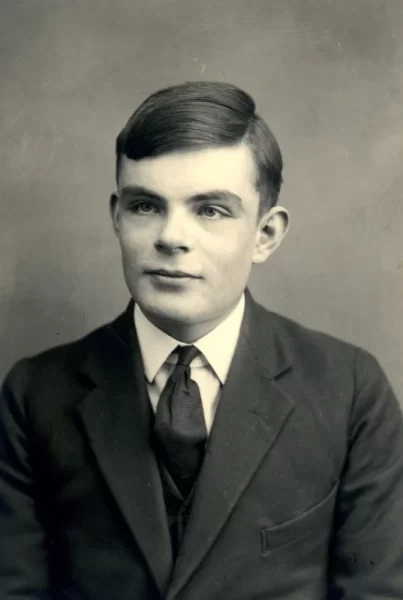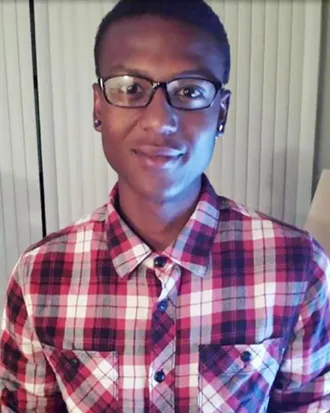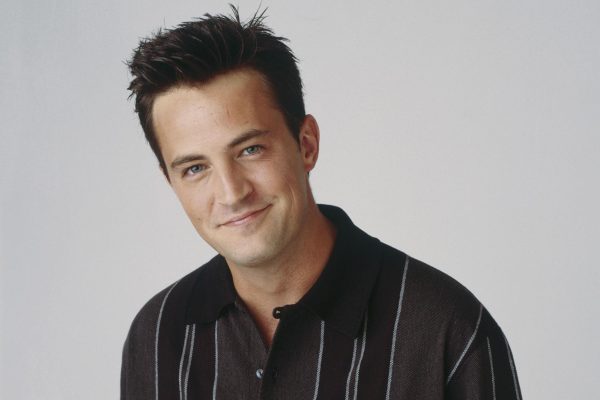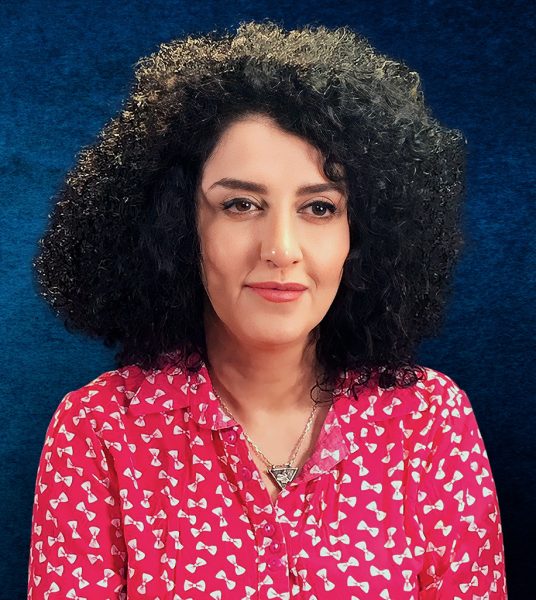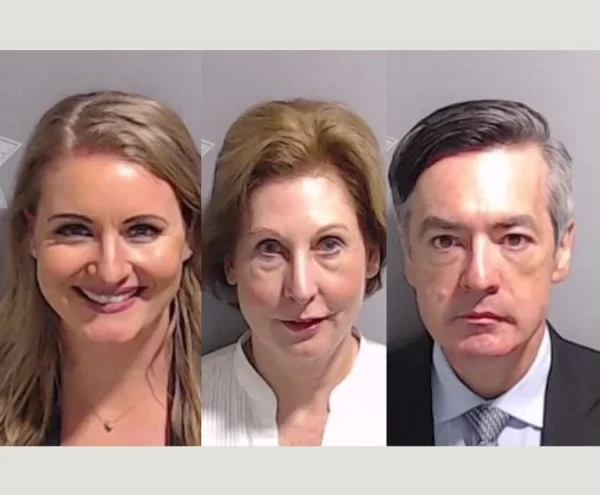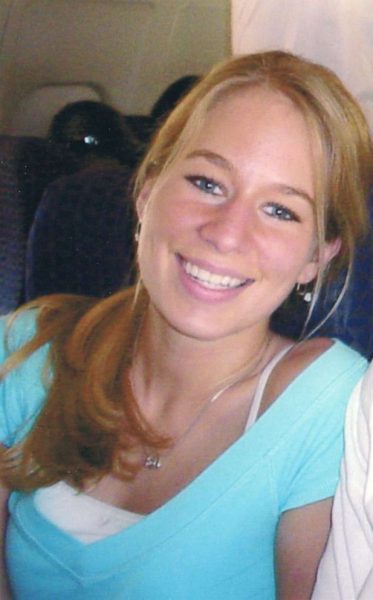Parkland shooter given life in prison
On October 13, 2022, in Fort Lauderdale, Florida Nikolas Cruz, the Parkland High School shooter was sentenced to life in prison for his crimes on February 14, 2018.
This trial was a result of the Parkland High school shooting, on February 14, 2018, which wounded 17 and killed an additional 17 others.
The jury was presented with the decision of life in prison or the death penalty. To conclude a two-day trial at the Broward Country House, the jury chose to spare his life and suggested life in prison.
The jury’s dismissal of the death penalty evoked a lot of emotional responses from the family members of the victims.
“There are 17 victims, including my beautiful daughter Jamie, and they did not receive justice today,” said Fred Guttenberg, father of Jamie Guttenberg, 14 to the Sun Sentinel.
Within the first two minutes of the shooting, Nikolas Cruz killed 11 people and injured another 13. In the last 45 seconds of the attack, Cruz killed his last 6 victims and wounded 4 more.
In the courtroom back in 2021, Broward Circuit Judge Elizabeth Scherer read each of the victims’ names aloud before asking Cruz how he wanted to plead.
He replied, “Guilty,” 17 times.
All of which including, Alyssa Alhadeff, 14; Scott Beigel, 35; Martin Duque Anguiano, 14; Nikolas Dworet, 17; Aaron Feis, 37; Jaime Guttenberg, 14; Christopher Hixon, 49; Luke Hoyer, 15; Cara Loughran, 14; Gina Montalto, 14; Joaquin Oliver, 17; Alaina Petty, 14; Meadow Pollack, 18; Helena Ramsay, 17; Alexander Schachter, 14; Carmen Schentrup, 16; and Peter Wang, 15.
“This should have been the death penalty 100 percent. I sent my daughter to school and she was shot eight times. I am so beyond disappointed and frustrated with this outcome. I just don’t understand this.” Lori Alhadeff said to the Sun Sentinel. Her 14-year-old daughter, Alyssa, was killed in the massacre.
The jury’s conclusion for Cruz’s life in a prison sentence, as opposed to the death penalty, was mitigated by the shooter’s defense experts, who shared the influence Cruz’s neurological disorder possibly had on the actions held the afternoon of the massacre.
As the judge read the verdict that Cruz should be spared from the death penalty, the son of Chris and Debbie Hixon, Corey Hixon could be seen walking out of the courtroom escorting his mother by the hand.
Mrs. Hixon said to the Independent, “I have a son with special needs. I have a son that checked all of those boxes or a lot of those boxes that the shooter did as well. And you know what? My son’s not a murderer. My son is the sweetest person that you could ever meet,”
Nikolas Cruz was diagnosed with Fetal Alcohol Spectrum disorder (FASD) before he was born, an effect his late mother left him with due to her abuse of crack cocaine and alcohol during her pregnancy.
“Alcohol – has consistently found very strong impacts on the fetus in multiple areas that were assessed both from the physical perspective and from the neurological perspective.” Dr. Paul Connor, one of Cruz’s defense experts, told NBC.
Nikolas Cruz’s disorder (FASD) turned many in agreeance with the jury’s decision to reject the death penalty.
“I’m not like the biggest fan of the death penalty, so I do agree with the jury’s decision and with the neurological things he had going on,” referring to FASD, “I think that that’s the right thing to do,” said Bella Gilchrist, a sophomore at Naugatuck High School.
Nikolas Cruz’s sentence to life in prison for the murder of 17 innocent people during the 2nd most deadliest high school shooting in America, has the families of victims heartbroken, while others are in agreement with the ruling. Although the case is now put to rest, grievance will remain with the families of the victims and all affected by this tragedy.

I am sophomore and I do not know what I want to pursue as a career. I enjoy writing and reading and I thought this class would be a great experience, and...

I am a Junior. I am taking Journalism because I have always loved writing. I enjoyed taking Journalism last year and learning about current news. After...



